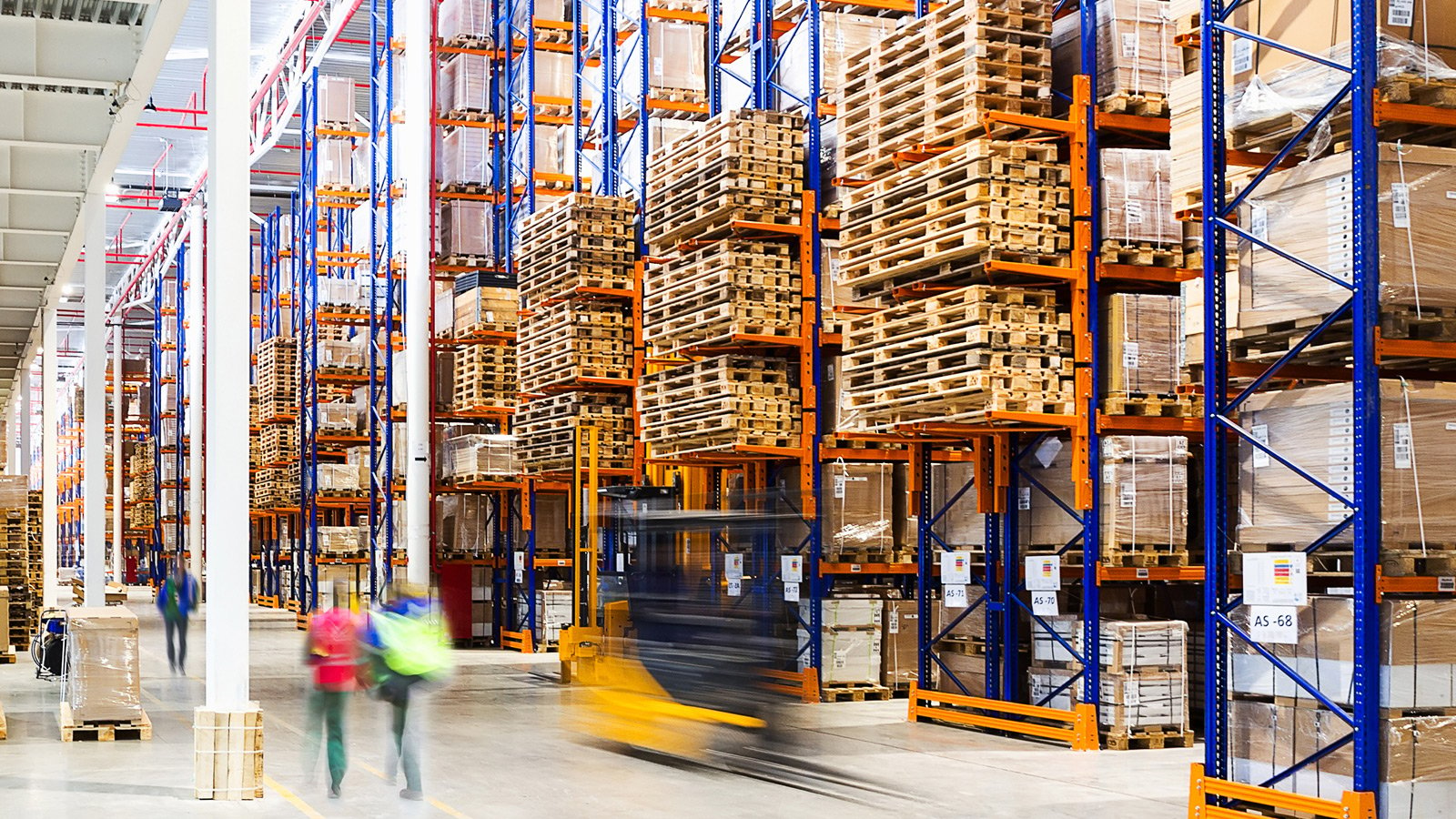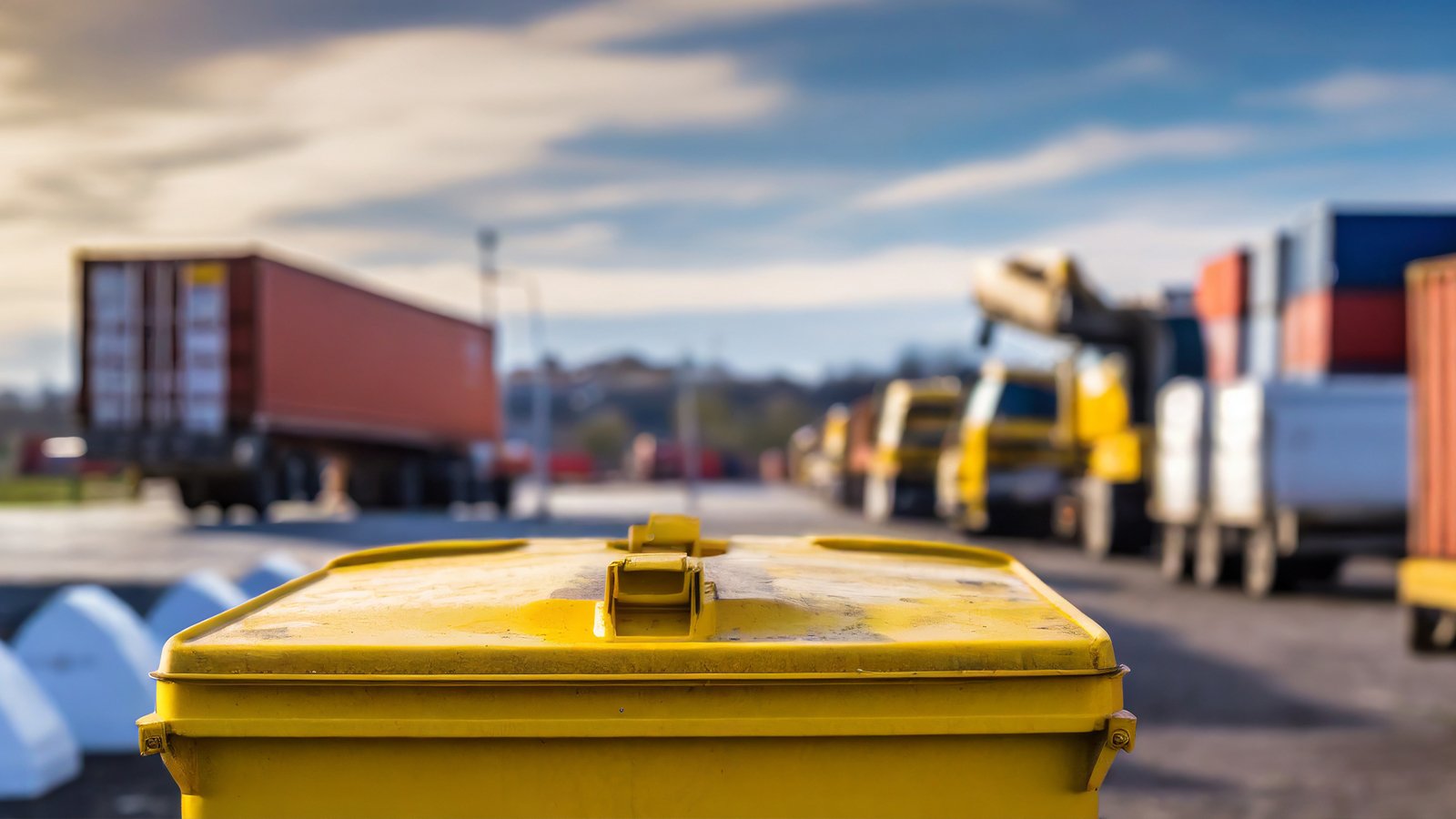Logistics is a crucial link in our society and economy: the distribution of all our stuff leans on the shoulders of the logistics sector. Increasingly stringent environmental policies require greening in all sectors. Sustainable packaging and waste (processing) in logistics play a major role in this. The European Union is also drawing attention to this, for example with the Waste Framework Directive. In the blog below you can read more about this directive, and its implications for the logistics sector.
In the previous blog, we discussed in detail the Packaging and Packaging Waste Directive (PPWD), a set of specific measures and obligations concerning packaging and packaging waste, with the aim of reducing its environmental impact. The PPWD is an application of the Waste Framework Directive. For sustainability managers in the logistics sector, it is crucial to understand both directives and integrate them into their strategies. In this way, companies can not only comply with regulations, but also be leaders in the transition to a more sustainable and circular economy.
What is the Waste Framework Directive?
The Waste Framework Directive (WFD) provides a framework of general principles for waste management (with the PPWD acting as a complement). The WFD is a European directive that establishes the essential concepts and definitions for waste management, such as waste, recycling and recovery. Its primary goal is to reduce negative impacts on the environment and human health, particularly through waste prevention. The transition to a circular economy is also an important goal. In addition, the FWD presents specific targets regarding the recycling of certain types of waste. EU member states are required to take measures to achieve these targets.
The "waste hierarchy" principle, consisting of five steps, forms the basis of EU waste management. This emphasizes waste prevention as the most desirable option, while landfill or incineration is considered the last option. EU member states must prepare and implement a waste management plan consistent with this principle. In addition, the "Extended Producer Responsibility" principle is an important part of the WFD: producers are responsible for the environmental impacts of their products throughout the life cycle, including the waste phase.
How will the WFD affect the logistics industry?
The WFD has significant implications for the logistics sector by imposing specific waste management requirements. This includes rethinking packaging methods, such as redesigning packaging for efficiency and promoting reuse. Logistics companies must also consider revising return logistics and waste collection and disposal, sustainability reporting and collaborations throughout the supply chain.
While this involves work and costs in the short term, in the long term it can mean compliance with environmental policies and provide for more efficient use of materials and reduced waste disposal costs. Take, for example, switching from single-use cardboard boxes to reusable plastic crates for transporting goods. These crates can be used multiple times, thus meeting waste prevention, as described in the "waste hierarchy" principle, as well as reducing packaging costs.
In essence, the WFD requires logistics companies to take a proactive role in sustainable waste management and environmentally friendly operations. If approached correctly, this cuts both ways.
The Ladder of Lansink & our vision
Both the WFD and the Ladder of Lansink, a waste management standard, recognize waste prevention as a top priority. The WFD encourages reducing environmental impacts through waste prevention, in line with the highest step of the Ladder of Lansink. By linking the WFD to the Ladder of Lansink, sustainability managers in the logistics sector can maintain a structured approach to waste management.
Our focus is on reducing waste of raw materials and allowing raw materials to retain their value for as long as possible
At Milgro, where we have over three decades of experience in waste management, we go a little further than Lansink's Ladder. We see waste as a 'lost resource'. Our focus is on reducing waste of raw materials and allowing raw materials to retain their value for as long as possible.
Stay informed
Stay up to date on all new developments? Follow us on LinkedIn or Instagram. Or subscribe to the newsletter. Are you curious about what Milgro can do for your operations and waste process? Contact us














